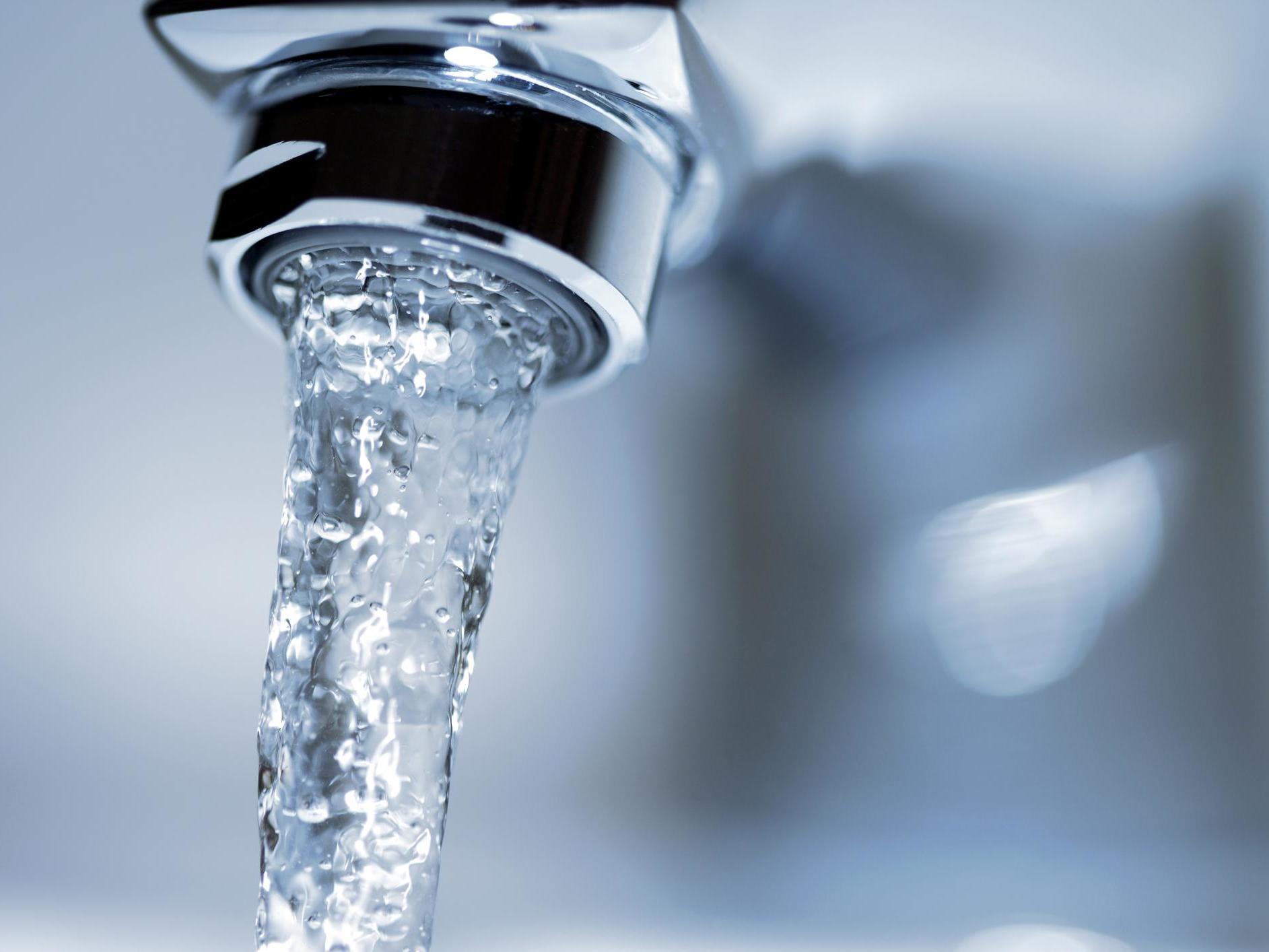Water firms are drinking in the last-chance saloon
Inside Business: Only three in 17 had their business plans approved by watchdog Ofwat as Labour reiterated its pledge to nationalise the industry

The privatised water industry of England and Wales is facing quite the squeeze. Regulator Ofwat has demanded a £50 average reduction in bills at the same time as ordering water companies to put more money into investment and to do a better job of cutting leaks and pollution.
It wants incidences of the latter to fall by more than a third, supply interruptions to fall by almost two-thirds, and more efforts to be made to encourage people to use less of a resource that is becoming increasingly precious as climate change marches on.
Good news? Surely, although it does once again raise the question of why it’s taken so long to get to this point and why the industry was allowed to borrow so much (£51bn) and pay out so much in dividends (£56bn) as water was pouring into the streets of England and Wales and sewage was mucking up the environment.
When Jeremy Corbyn started talking about nationalisation it proved quite popular. Perhaps only the rail industry, another candidate to be brought back into public hands under a future Labour government, is held in lower public esteem (although the big energy providers could make a case).
The water companies, through their trade body Water UK, pushed back against the proposed method: Labour’s intention to do it on the cheap by paying less than market value for the assets it wants to buy.
That is indeed a questionable approach, not least because of the impact it could have on the savings and pensions of people, by no means all of whom are rich. It would also set a dangerous precedent.
But nationalisation as a concept continues to attract support because of the poor job water companies have done for consumers since being sold off as regional monopolies. Investors have had it rather better.
This calls into question industry claims that the project has resulted in “greater investment” that wouldn’t have been available had the industry remained in state hands.
The threat of nationalisation, and the positive public reaction to it, has surely helped create the conditions for Ofwat to impose its hosepipe ban on the money flowing into shareholders’ pockets, when perhaps they weren’t available before. The industry’s mostly miserable performance during the Beast from the East surely played a role too. The resulting scandal added fuel to the fire.
Regardless of what happens politically from here on out, water companies can no longer soak their consumers and raise smiles on the stock market or, just as likely, among their foreign owners.
But there are still flying ants in the water. The majority don’t appear to have realised that the rules of the game have changed.
Ofwat said that just three companies – Severn Trent Water, South West Water and United Utilities – have submitted business plans that “set a new standard for the sector” and that are, bar a few minor tweaks, good to go.
Some 14 did not and so they have been put into the slow lane. Those companies still haven’t worked out that the water they’re drinking is from the last-chance saloon. They need to wake up fast.
Labour was quick to reiterate its pledge to renationalise the industry in response to Ofwat’s release. On this evidence, could anyone argue that firms didn’t have it coming?
Join our commenting forum
Join thought-provoking conversations, follow other Independent readers and see their replies
0Comments